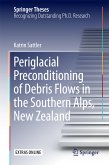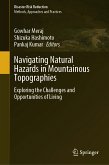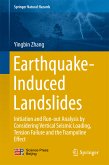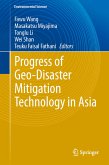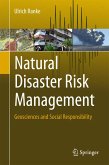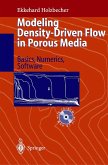This book provides a summary of the state of the art of all facets of debris-flow science and practice and is designed to be a comprehensive technical reference for practitioners and a state-of-the-art research overview for scientists. It is richly illustrated with equations, graphs, photos, and tables. The book allows students, practitioners, and regulators to get a sense of the current state of the art in this science. Currently, there are 2 to 3 papers published every week on some aspects of debris-flow science. This creates a bewildering amount of literature that cannot be captured by a single individual. This book provides a comprehensive overview of all facets to date, including initial hazard assessments, detailed quantitative risk assessments, debris-flow warning systems, debris-flow mitigation structure designs, and failures of mitigation works, as well as new topics such as climate change effects on debris flows.
Dieser Download kann aus rechtlichen Gründen nur mit Rechnungsadresse in A, B, BG, CY, CZ, D, DK, EW, E, FIN, F, GR, HR, H, IRL, I, LT, L, LR, M, NL, PL, P, R, S, SLO, SK ausgeliefert werden.




